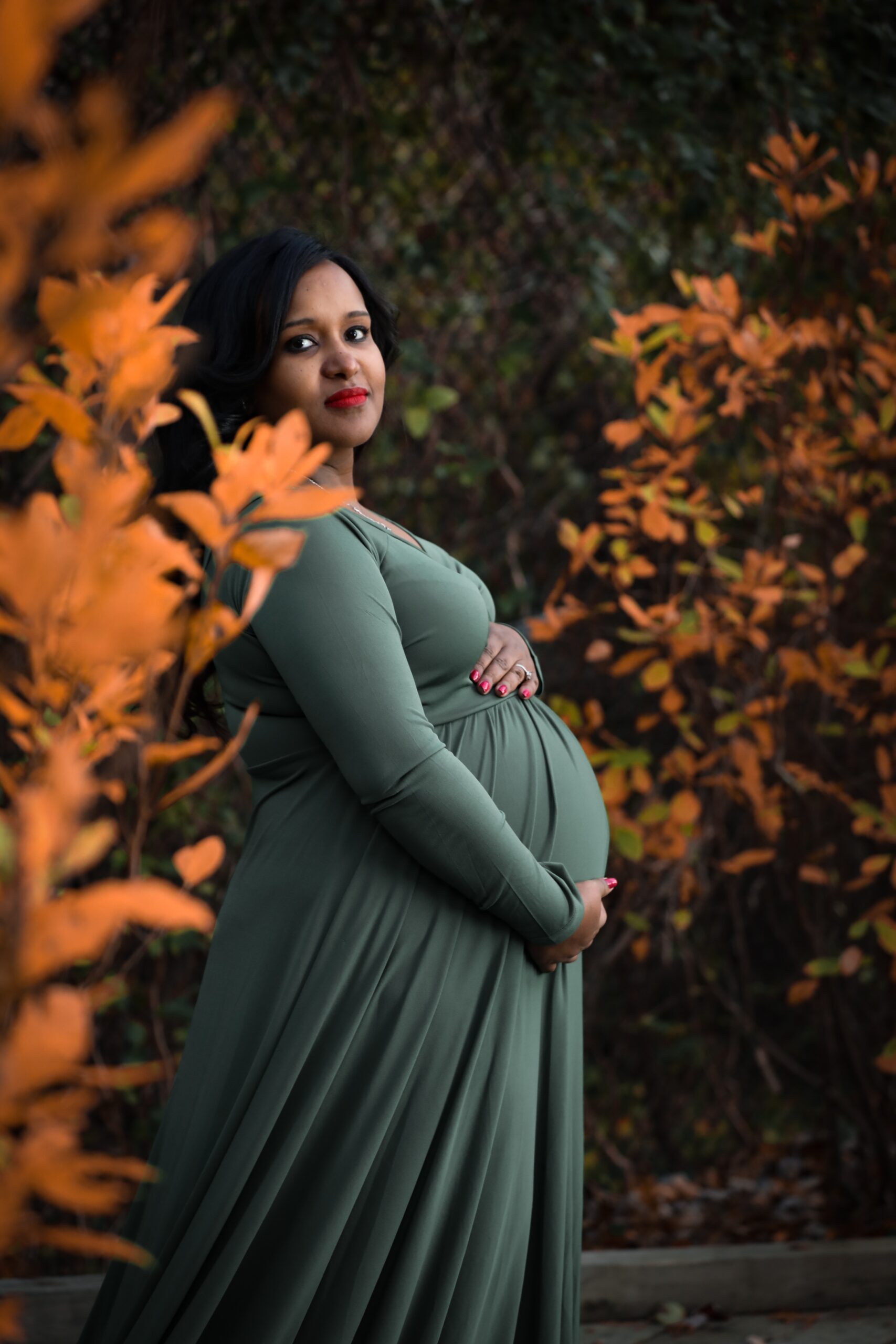BCL6 and endometriosis can be linked to one another. When one has experienced unexplained infertility, one should know about silent endometriosis and the effects it may have. Here are some FAQs about BCL6 and endometriosis:
What Is BCL6?
BCL6 or B-cell CLL/lymphoma 6 is a protein marker highly associated with inflammation on the uterine lining. When the uterine lining is inflamed, it is most often caused by endometriosis. At ReceptivaDx, we offer a test specifically designed to find the level of BCL6 in the uterine lining.
What Is the Link Between BCL6 and Endometriosis?
BCL6 is induced by inflammation. Endometriosis is a form of uterine inflammation, Regardless of symptoms endometriosis may be present and BCL6 will identify it. Silent endometriosis is called silent because there are not as many severe symptoms. This is where BCL6 comes into the picture. When a patient tests positive for BCL6, they may have silent endometriosis.
Can Silent Endometriosis Be a Cause for Unexplained Infertility?
There are many factors doctors look at for unexplained infertility. One of the most common is endometriosis. When a patient is experiencing unexplained infertility, they may also be experiencing endometriosis without knowing it. Silent and symptomatic endometriosis can make it difficult for a fertilized egg to implant correctly. This is because the inflammation caused by endometriosis may not allow the egg to stick to the endometrial lining. Silent endometriosis can be a cause of unexplained infertility.
What Does Testing Look Like for BCL6?
RecpetivaDx tests specifically for BCL6, which is linked to inflammation caused by silent or symptomatic endometriosis. The testing process begins with an endometrial biopsy done by an OB-GYN or a reproductive specialist. The test should take place during a natural or a mock cycle. The sample is sent to our lab where our team will do a full pathology report and identify the BCL6 levels. A patient should receive their results within a 5-6 day range. Once the results are found, a patient can move forward with treatment if they are positive for BCL6 .
Who Should Get Tested?
In general, Patients who want to achieve a pregnancy but are having difficulty may want to consider ReceptivaDx testing. Patients who are or who have experienced unexplained infertility are good candidates including those who have had recurrent pregnancy loss or frequent IVF implant failure. If a patient is considering IVF after pregnancy loss, they may want to get tested for BCL6 before going through IVF treatment.
BCL6 and Endometriosis
At ReceptivaDx, we want our patients to understand everything there is to know about BCL6 testing and silent endometriosis. It can be frustrating not to have answers in regard to unexplained infertility. To learn more FAQs about BCL6 and endometriosis, contact ReceptivaDx today.

